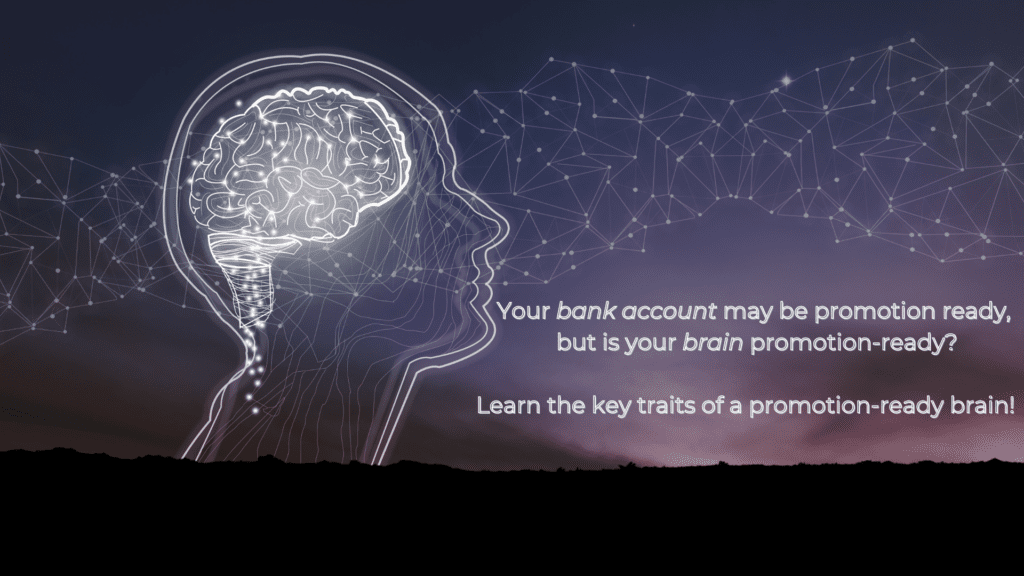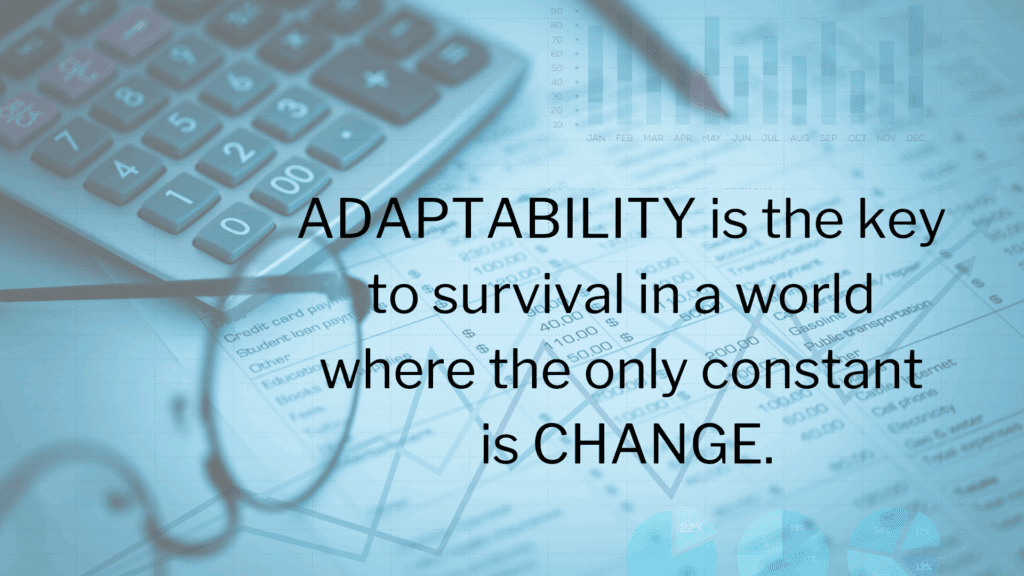Embracing the Wild: The Rise of Emotionally Feral Relationships

In 2024, relationships are taking a wild turn. Emotionally feral connections are redefining intimacy by prioritizing raw honesty and vulnerability over societal norms. Discover how this trend is transforming modern love and why more couples are embracing their untamed emotional selves. Dive into the world of emotionally feral relationships and explore the profound impact of authenticity on romantic partnerships. This excerpt is designed to engage readers quickly, highlighting the transformative nature of emotionally feral relationships while promising insights into this compelling trend.
The Neuroscience Revolution: Enhance Mental Well-Being with Ease!

Ready to revolutionize the way you take care of your mental health with the power of neuroscience? Discover how small changes in your daily life can lead to profound transformations in your emotional well-being. From conquering anxiety and depression to building unbreakable resilience, this groundbreaking blog post reveals the cutting-edge strategies that will help you master your mind and thrive in the face of life’s challenges.
Step into the world of neuroscience and explore the fascinating ways in which your brain shapes your thoughts, emotions, and behaviors. Uncover the hidden patterns that are holding you back and learn how to rewire your neural pathways for lasting happiness and success. Whether you’re struggling with stress, seeking to boost your mood, or simply want to optimize your mental performance, this blog post is your ultimate guide to unleashing the full potential of your mind.
Is Your Brain Promotion-Ready? Neuroscience Blueprints for Career Domination

After reviewing the blog post at the provided URL, here’s a provocative and compelling excerpt written at the recommended reading level:
Are you stuck in your career while others zoom past you? Your brain might be holding you back. But here’s the good news: you can rewire it for success. Imagine having a secret weapon that makes you stand out from the crowd, impressing your bosses and leaving your co-workers in awe. That weapon is neuroscience.
By understanding how your brain works, you can unlock hidden potential you never knew you had. From boosting your focus to becoming a master of office politics, neuroscience holds the key to your next big promotion. It’s not about working harder – it’s about working smarter, using the incredible power of your own mind.
Ready to leave the competition in the dust and skyrocket your career? Dive into the world of neuroscience and discover how to turn your brain into a career-dominating powerhouse. Your dream job is waiting – are you ready to claim it?
Why Is Dating So Hard? The Neuroscience Behind It and How Rejection Affects Your Brain

Dating feels tougher than ever—endless swiping, emotional burnout, and the sting of rejection. But what if it’s not just you? Discover how the neuroscience of rejection impacts your brain and self-esteem, and learn how to break free from the exhausting cycle to build deeper, more fulfilling connections.
Brain Adaptability: Enhancing Coaching Outcomes Through Neuroscience

How does your brain respond to change?Have you ever asked yourself how “adaptable” you really are? If so, my latest blog is a must read for you. Through the lens of cutting-edge neuroscience, discover how you can rewire your thoughts, habits, and behaviors for lasting transformation. This isn’t just self-help; it’s science. Dive into the fascinating world of brain adaptability and take control of your mental pathways.
Depersonalization: Understanding and Overcoming Detachment Through Neuroscience

Depersonalization is a dissociative experience that leaves people feeling disconnected from themselves. By understanding its root causes and neuroscience-based interventions, individuals can reclaim control over their experiences and reduce the impact of this unsettling condition.
How to Overcome Fear of Change: 8 Ways to Navigate the Unknown

Nestled in the intricate folds of your brain lies an ancient alarm system, primed to resist the unfamiliar. Yet, this same neural landscape holds the key to embracing change with enthusiasm. Delve into the fascinating world of neuroplasticity, where cutting-edge science meets practical strategies to rewire your mind. Discover how to transform ingrained fear responses into a wellspring of curiosity and innovation. This journey through your neural pathways isn’t just about adapting to change—it’s about sculpting a brain that thrives on it.
Lying: The Neuroscience of Deception and Its Impact on the Brain

Lying is more than just deception—it’s a complex neurological process that shapes human behavior. In this article, we delve into the science behind why people lie, how it impacts the brain, and the evolutionary roots that make lying a fundamental part of human interaction. By understanding the intricate relationship between deceit and the mind, we can gain deeper insights into trust, relationships, and personal integrity.
Is Your Ego Out of Control? 5 Incredible Ways Neuroscience Can Help You Get a Grip

What is the ego, really, and why do we feel compelled to constantly feed it? From a neuroscientific perspective, the ego plays a crucial role in shaping your identity and guiding your decisions. But left unchecked, it can fuel insecurity, anxiety, and a never-ending need for validation. Dive into how the brain’s wiring feeds this cycle and discover how to break free by rewiring your thought patterns for true personal growth. Understanding your ego is the first step to mastering it.
Powerful Insights: How Echo Chambers Affect the Brain and Polarize Society

Echo chambers leverage the brain’s natural craving for affirmation, making it difficult to embrace diverse perspectives. By tapping into our neural need for consistency and comfort, they fuel polarization and inhibit critical thinking. However, with strategic interventions rooted in neuroscience, such as promoting neuroplasticity, individuals can break free from these closed feedback loops. Discover how understanding your brain’s tendencies can lead to more open-mindedness, empathy, and healthier social interactions, both online and offline.

